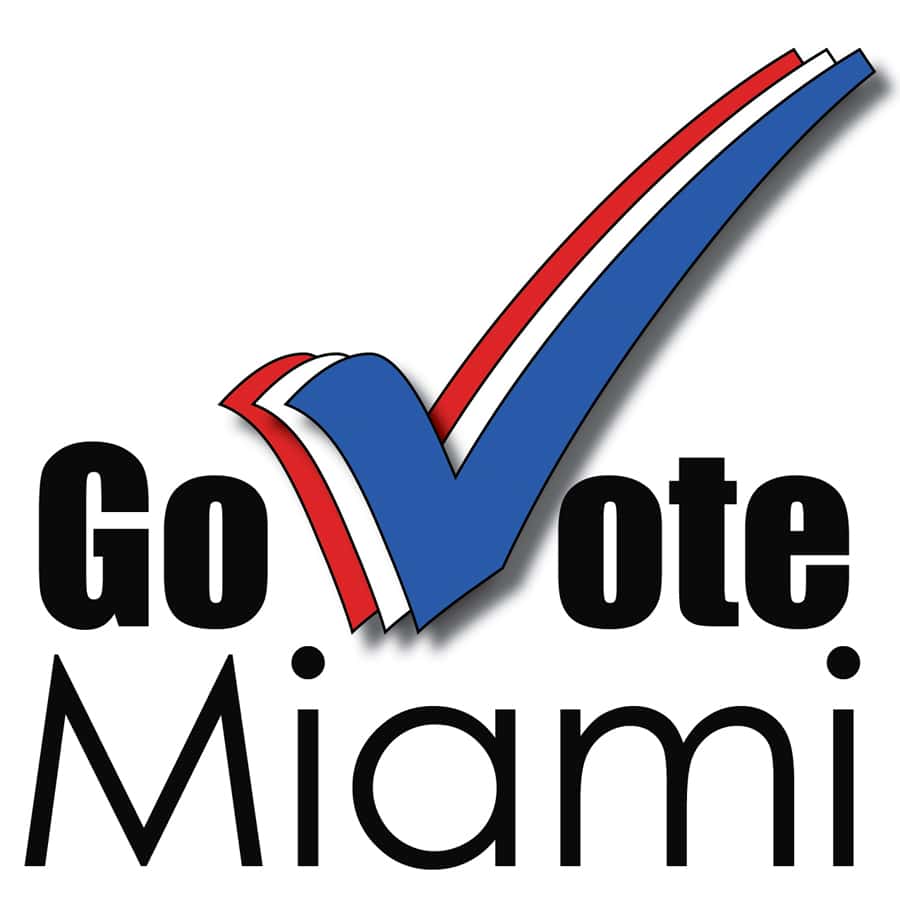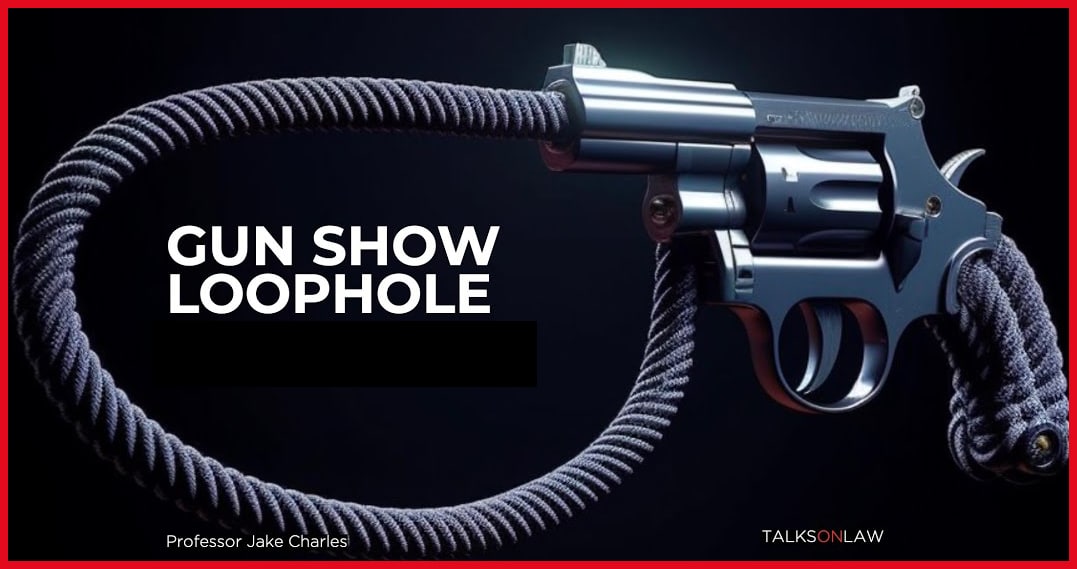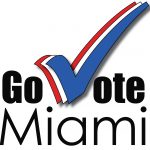Nicholas Chotos, a DA in Manatee County, doesn’t expect a rise in crimes “Most people who want a concealed carry permit already have them,” he said. “People who want to carry a gun without a permit are already doing it.” Gun control advocates, however, aren’t so sure. Carol Conyne Rescigno, the president of Brady Sarasota, the local branch of Brady United, which advocates for, among other things, a ban on assault weapons and stricter gun safety laws says “Road rage and anger-related incidents… if you have a gun, you’re going to be more apt to use it.”
After July 1, the rules for who can legally carry a concealed weapon will not change; no permit or training is required to buy a firearm. But to be a legal gun owner you must be a U.S. citizen; you must be at least 21 years of age; you cannot have any felony conviction, misdemeanor charges for domestic violence, or conviction for a crime relating to violence or drug abuse. You must carry a legal ID and must show it on demand to law enforcement. Dealers must obtain a Federal Firearms License (FFL) and be at least 21 years of age. Dealers must have premises for conducting business and must alert local law enforcement officials of their applications. They must fulfill the same criteria as gun owners regarding their history of prior convictions and mental state. Online sales also fall under these regulations. Although purchased online, the gun itself must be shipped to a registered FFL holder, who then must conduct the necessary background check before handing the firearm over to its owner.
Gun Show Loophole Yet, not every individual providing the gun in a transfer requires an FFL, which in turn means that many buyers are not legally subject to a background check. This loophole enables guns to fall into the hands of users who might otherwise not be allowed to own a firearm. According to the Bureau of Alcohol, Tobacco, Firearms and Explosives (ATF), which administers the Gun Control Act of 1968, anyone can sell a gun without an FFL from their home, online, at a flea market or at a gun show as long as he or she is not conducting the sale as part of regular business activity. One example would be someone who sells a firearm from his or her personal collection. Others who are exempt include those giving guns as gifts – with parental consent even to children. Only individuals whose “principal motive” is to make a profit via sale must obtain a FFL.
This explains how a purchase can easily occur without a background check — and without breaking the law. A 2017 survey by Harvard and Northeastern estimates that roughly one in five transactions occur without a background check. Gun Safety will be on the ballot in 2024. Make sure you vote!







